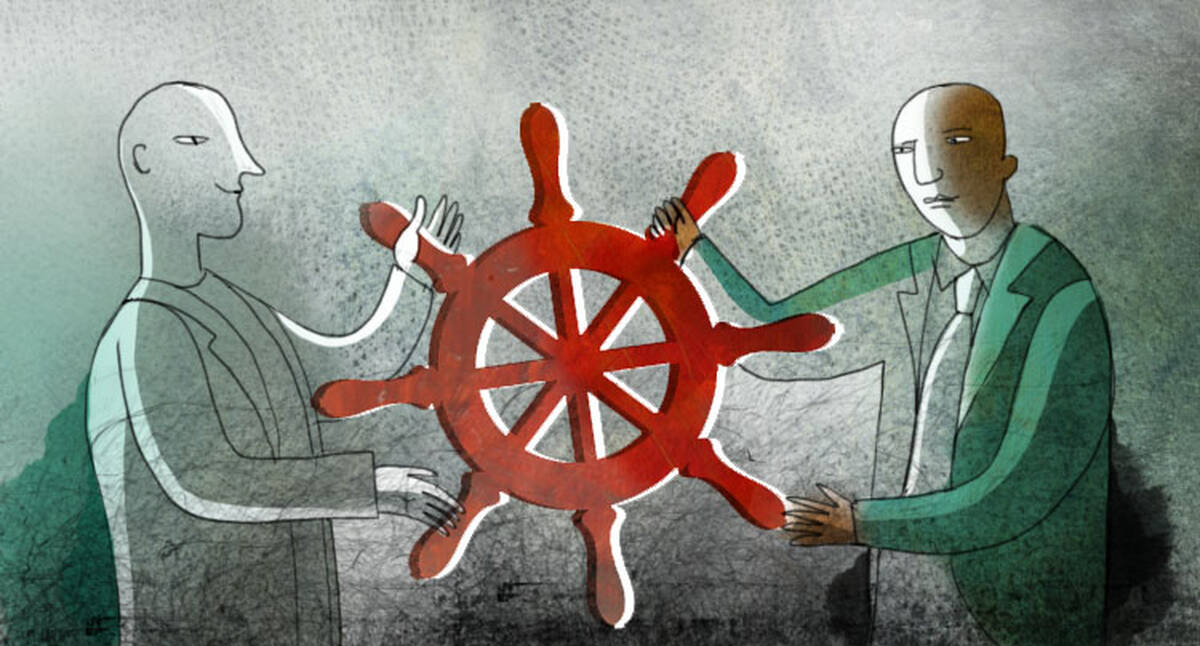Entrepreneurship Innovation Jul 6, 2015
Building the Right Team to Scale a Startup
Three crucial elements to growing your business.

Yevgenia Nayberg
For early-stage entrepreneurs, getting the product or service right is critical. Botch this and the company does not even make it out of the blocks. But what do founders need to do when the company gets beyond proof of concept into the “second stage,” when scaling is the goal?
At this point, “while the product or the service remains important,” says Daniel J. Weinfurter, a serial entrepreneur and adjunct lecturer of management and organizations at the Kellogg School, “what ends up driving the ability to scale is not the product or the service per se, but the team of people that are put in place to serve the clients and build the product or service.”
“If you don’t build that team with rigor and discipline,” Weinfurter says, “it dramatically impedes your ability to grow.”
As Weinfurter sees it, human capital remains an underinvested area—one with the potential to bring large rewards to entrepreneurs and founding teams who make it a priority.
Let Go of the Wheel
Early on, company founders tend to have their hands in every aspect of the business, from product development to client relations. This makes sense: the company is the founders’ baby, and only full dedication is going to lead to a successful launch.
But there is a point when being deeply involved across all aspects of the business fundamentally limits the company’s ability to grow. This is when the founders will have to take at least one hand off the wheel and entrust some of the decisions of the company to others on the team.
“It’s very hard for a founder who is used to touching everything to come to grips with,” Weinfurter says. “They don’t want to. They don’t like to. And, in some cases, they are just simply incapable of letting any single decision go.”
“A good board will make a management team dramatically better because they force them to think about things they are blind to.”
Tales of mercurial founders—quite pleasant until someone suggests a move they do not agree with—are common. “Sometimes you’ll see a founder fly in at the eleventh hour and overrule what the professional marketing person or team has been hired to do,” Weinfurter says. “Even if they are correct, they can end up handling the interaction in a way that irrevocably impairs the relationship with the senior team.”
And as versatile as they may be, most founders do not have the expertise, or the time to stay current, in every area of the business. “Marketing, for example, is a totally different concept than it was even 10 years ago,” Weinfurter says. “Certainly, some founders are expert marketers; but if they are expert marketers, they likely lack deep knowledge in other areas. They may know enough to be dangerous, but that’s different than being an expert.”
Find Trusted Advisors … and Listen to Them
To this point, by the time most companies reach this “second stage,” the founders have recruited advisors in the form of funders or corporate boards. Listening to those advisors is key.
Companies that are venture- or private equity-backed are at a particular advantage in this regard. “Many institutional funders now have designated resources,” Weinfurter says. “They’ve been through this drill dozens or hundreds of times before.” Chicago-based Driehaus Private Equity, for example, has retained specific advisors in sales, strategy, human capital, and operations. These specialists are inserted into portfolio companies to fill critical gaps or provide assistance to a key initiative.
In the absence of those structures, it is crucial for companies to develop a strong, even if informal, advisory board to guide the transition. “Not many founders are objective enough to know what their limitations are,” Weinfurter says. “A good board will make a management team dramatically better because they force them to think about things they are blind to.”
Effective advisory boards challenge the management team’s thinking, prodding them to flesh out their thinking and develop contingency plans.
Of course, even a wise board is rendered useless if its advice is ignored. One of the barriers to advisors being heard is a temperamental founder. “A lot of entrepreneurial people don’t like rules or supervision,” Weinfurter says. “They tend to be passionate and focused, and they tend to think they’re right.”
In Weinfurter’s first startup, a senior board member observed that he only heeded the board advice he already agreed with. Weinfurter now believes that he would have been better off soliciting more honest feedback—and taking it to heart. At his current company, the sales effectiveness firm GrowthPlay, he is far more diligent about engaging his board and listening to advisors’ suggestions.
Hire Deliberately
“Entrepreneurs tend to come from marketing, product development, engineering, sales, or finance,” Weinfurter says. “Not many former human resources leaders are running new businesses.” Because it is not top-of-mind for most entrepreneurs, mid-stage companies often lack capable strategic HR support.
Weinfurter’s own background was in sales and sales management for General Electric when he started his first company, the business services firm the Parson Group. An expansion into California, which required him to put together a new team from scratch, exposed his shortcomings. With minimal process or recruitment tools in place, he and his team simply interviewed a slate of candidates and hired the individuals they thought were the best of the bunch. He managed to get about half his team wrong before the Chairman of the Board sent him to California, where he spent nine months clearing up his mistakes.
“That’s when I became an apostle of putting process and discipline in place to go from the early stage to the next stage,” he says. As part of a much broader, more disciplined recruitment process, the company instituted specific competency-based role descriptions and assessed the entire team of current employees to determine what competencies and experience best correlated to success.
The result? “We reduced the turnover rate from 50 percent to five percent in one year.” This company enjoyed organic growth from startup to $150 million in revenue in six years and went through a highly successful IPO.
Timing the rollout of this recruiting process is critical to its success, Weinfurter says. Early on, a company might need an accountant to keep the books. As the business grows, however, it needs an accounting manager, then a controller, and finally a CFO. Hire for that CFO too early, and the company will not have the reputation or the budget to attract a capable candidate for that role or get the right person to fulfill the company’s immediate needs.
“If you think that through,” he says, “then you specifically and deliberately recruit people who are going to be able to execute well in the role as it needs to be designed for the business at that particular stage.”
This recruitment effort is the first step in consciously building a culture that supports an engaged workforce that is equipped to take on the task of scaling the company.
“Getting the people part of it right it critical,” Weinfurter says. “The right people do all the things that are necessary to get the business to grow: they get the product right; they get the service right; the culture is healthy; they get a motivated team behind them. Everything else falls in line. If you don’t have this right, the opposite happens. It’s a painful and expensive mess.”



